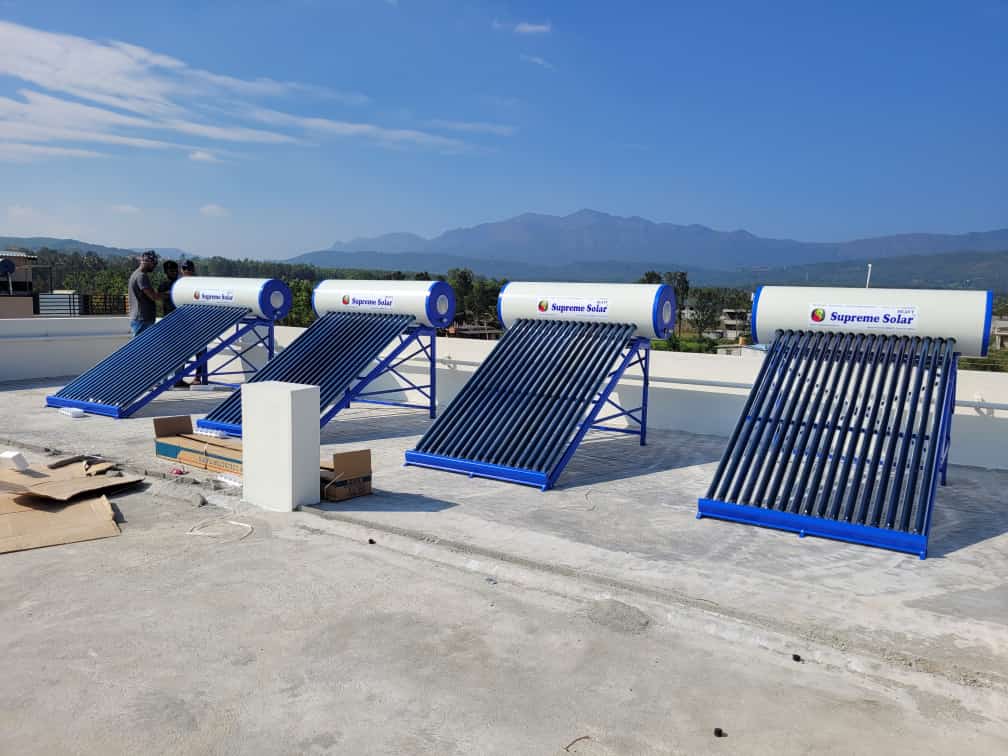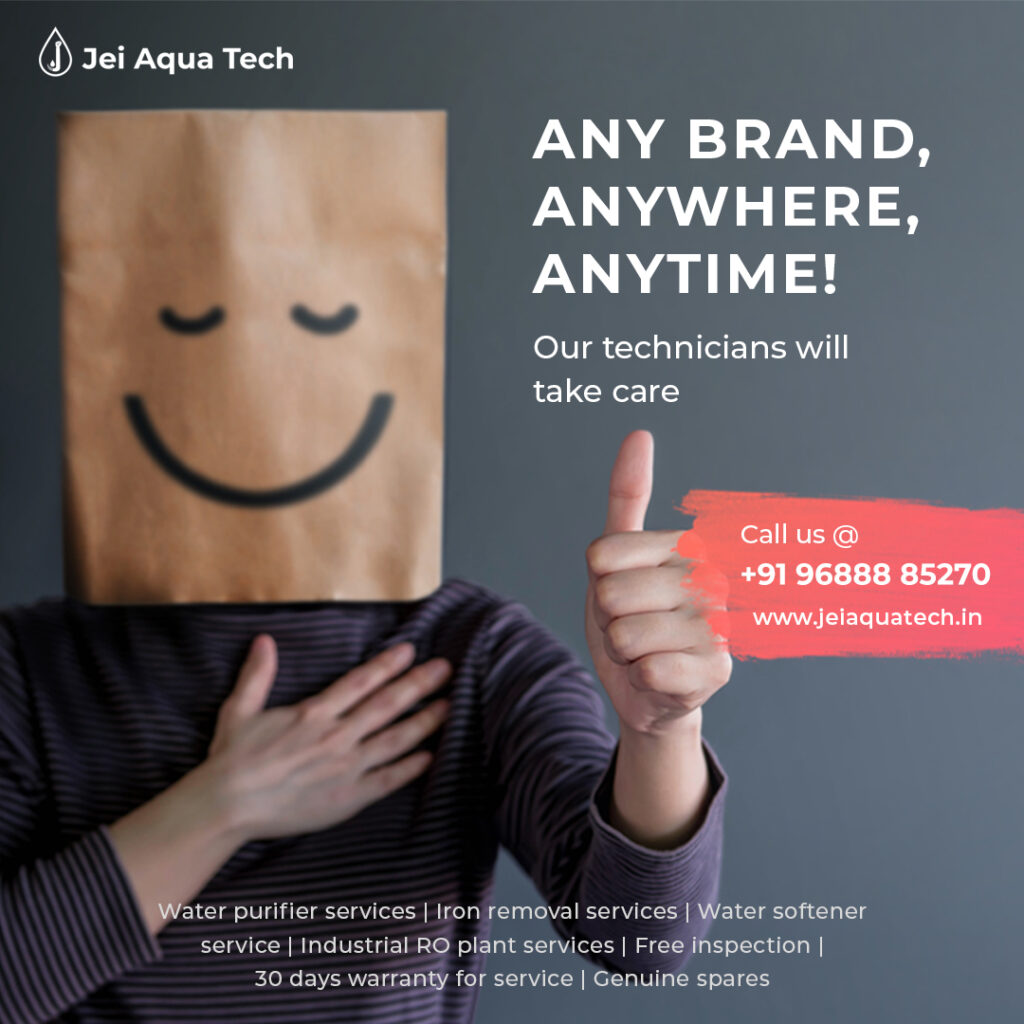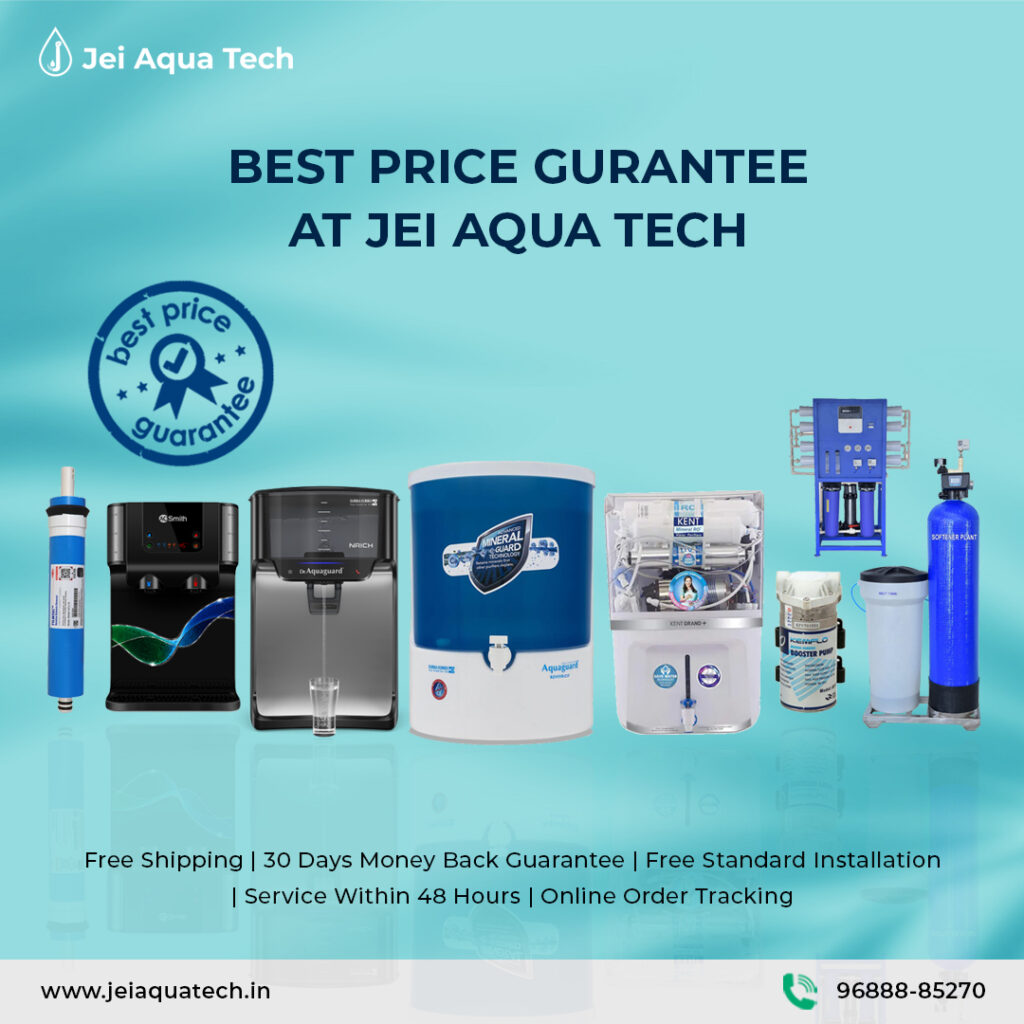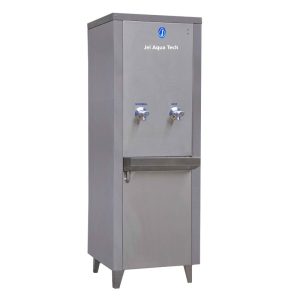
how do you choose the best water purifier when the choices are endless and every drop matters?
Access to clean, safe water is one of the most essential needs of any home or industrial facility. Yet, not all water is
created equal. Depending on your location, the source of water, and its treatment history, your water may contain
various contaminants – some visible, many invisible. From heavy metals and chemicals to microorganisms and
sediments, the need for effective water filtration is greater than ever.
Choosing the best water purifier is not just about purifying water, it is about ensuring the health of your family, the
efficiency of your machines, and the long-term sustainability of your resources. Whether you are looking to upgrade
your household drinking water or set up a large-scale industrial water treatment system, making the right decision can
feel overwhelming. But with the right guidance, it does not have to be.
Understanding Your Water Quality
Before buying a best water purifier for home, the first step is to understand what is in your water?
Is your water hard or soft?
Does it contain excessive chlorine, fluoride, or iron?
Are there visible sediments or is the issue microbial contamination?
Homeowners can use water testing kits or consult local municipal reports, while industries often conduct detailed lab
tests to determine Total Dissolved Solids (TDS), pH levels, and chemical composition. Based on these findings, you can
decide the kind of filtration you require.
For example, water with high TDS levels might need a Reverse Osmosis (RO) filter, while water contaminated with
bacteria may benefit from UV purification. Knowing your water’s unique fingerprint helps you avoid over-treatment or
under-treatment and invest in a filter that addresses the specific challenges effectively.
Choosing the ro Water Filter Technology
There is no one-size-fits-all solution when it comes to water filtration. For homes, common systems include RO filters,
UV purifiers, activated carbon filters, and multi-stage systems that combine these technologies. RO systems are ideal for
removing dissolved salts and heavy metals, while UV purifiers work best against bacteria and viruses. Activated carbon
filters remove chlorine and improve taste and odor, making them perfect for drinking water.
For industrial purposes, the choices are more technical and depend on the volume and intended use of the water.
Industries often use ultra-filtration (UF), nanofiltration (NF), or even custom-designed water treatment plants with
sediment filters, chemical dosing systems, pressure sand filters, and automatic control panels. The goal is to ensure that
the water not only meets safety standards but also suits the needs of production processes, machinery, or even human
consumption when applicable.
Capacity and Flow Rate Considerations
Another important factor when choosing a best water purifier is the daily requirement. In a household, the average
consumption per person per day may range between 3 to 5 litres for drinking and 100-150 litres for domestic use. In
contrast, industrial setups may require thousands of liters per day. Choosing a filter with the right capacity ensures
uninterrupted water supply without overloading the system.
Filters that are too small wear out quickly and reduce efficiency, while filters that are too large can be unnecessarily
expensive. Calculating the required flow rate – how much water is needed per minute, is equally important, especially
for industries where operations depend on continuous water availability.
Maintenance, Durability, and Cost Efficiency
Buying a ro water filter is a long-term investment. But the cost doesn’t end with installation. Filters require regular
servicing, timely replacement of cartridges, and sometimes electricity to operate. Choosing a brand or model that
provides reliable after-sales service and easy access to replacement parts will save time, effort, and money.
In homes, a compact and low-maintenance RO system for home or UV system may be ideal. In industries, automated self-cleaning
systems, digital monitoring panels, and rugged build materials can offer long-term savings. Don’t just look at the
purchase cost, consider the lifetime value of the product. water purifier price is minimal and affordable
Certifications and Brand Trust
When health is on the line, credibility matters. Always go for filters certified by recognized institutions like NSF, BIS, or
ISO. Certified filters undergo rigorous testing and meet specific safety and quality standards. Trusted water purification
brands that offer guarantees, transparent information, and responsive customer support should always be prioritized.
In the industrial sector, working with companies that offer customized filtration design and engineering expertise is a
game-changer. At Jei Aqua tech, we specialize in tailored water purification systems for both residential and industrial
needs, designed with precision, performance, and purity in mind.
Pure Water, Pure Peace of Mind
Choosing the best water purifier is not just a technical decision, it is a personal one. You are not only selecting a machine,
you’re choosing peace of mind for your family or business. The quality of the water you use impacts your health, the
efficiency of your operations, and the legacy of sustainability you leave behind.
With so many filtration technologies available today, finding the perfect match might seem complex. But by
understanding your water source, assessing your daily usage, and working with the right experts, you can make a
decision that is smart, safe, and future-ready.
Because clean water is not just a need, it is your right. Let the purity flow.




